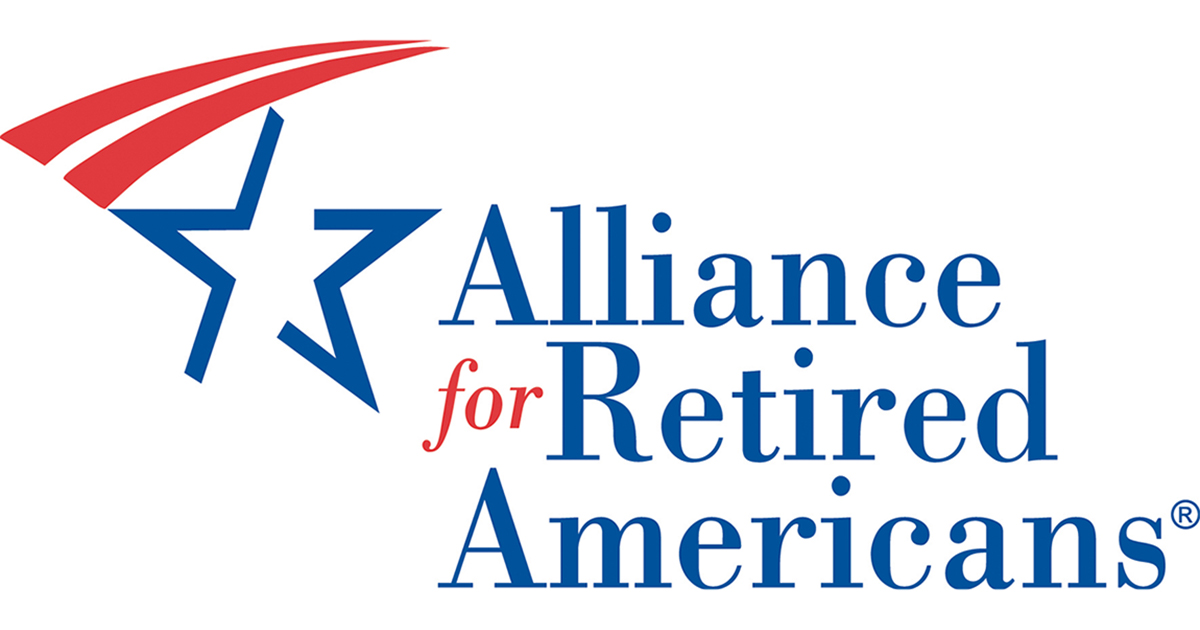May 12, 2023
KFF Health News: Republicans Vow Not to Cut Veterans’ Benefits. But the Legislation Suggests Otherwise.
 Addressing the impact of the House GOP debt-ceiling bill on veterans’ programs, “I’m dead serious that we’re not cutting veterans, and I mean it.”
Addressing the impact of the House GOP debt-ceiling bill on veterans’ programs, “I’m dead serious that we’re not cutting veterans, and I mean it.”
– Rep. Mike Bost (R-Ill.), chair of the House Committee on Veterans’ Affairs, in a speech on the House floor, April 26.
House Republicans have set themselves a tough, if not impossible, task in attempting to use a standoff over the nation’s debt limit to cut federal spending to what it was in 2022.
Retrenching to those budget levels would require cutting 8% or 9% from the discretionary program side of the ledger, which excludes entitlement programs such as Social Security and Medicare. Spending on those programs is required by law. Other spending is dictated by congressional appropriations annually. The latter is up for debate here.
Nevertheless, House Republicans tried to thread the needle with the Limit, Save, Grow Act, which narrowly passed the House on April 26. Its backers say the measure would address the debt ceiling while implementing “commonsense spending reforms.” The House GOP leadership promised to spare programs that are popular with Republican voters, such as the defense budget and veterans’ health services.
Democrats pounced on these possible cuts, especially those that would affect veterans. Their talking points appeared to infuriate Rep. Mike Bost (R-Ill.), chairman of the House Committee on Veterans’ Affairs. On the House floor, he drew a line in the sand.
“I’m dead serious that we’re not cutting veterans, and I mean it,” Bost said. “The White House and Democrats know that we can get our fiscal house in order while ensuring our service members and veterans are taken care of, and yet, with no regard for the impact of their words, they continue to speak lies about how House Republicans are cutting veterans’ benefits.”
With such an unequivocal statement, we wondered whether Bost was correct. Can the GOP plan dramatically reduce federal spending without taking away funding for veterans’ programs?
To understand this fully, two things need to be examined: the budget projections that suggest the GOP plan would result in trims to veterans’ programs, and what is spelled out in the legislation.
Digging Into the Numbers
Democrats and agencies within the Biden administration, such as the Department of Veterans Affairs, looked at the GOP bill and did their own math to determine budgetary estimates.
Because the bill is mostly a list of general spending categories, the estimates reflect uniform cuts to discretionary spending. And, because there is no specific language in the House-passed measure to exempt support for veterans’ programs, the VA assumed a full, 22% cut for fiscal year 2024 compared with 2023 funding and estimated reductions as high as $29.7 billion.
That could translate to 13 million fewer health care appointments for veterans and significant cuts to benefit payments, staffing, and clinic construction, according to the agency.
Bost’s communications director, Kathleen McCarthy, said, however, that Democrats are knowingly making a bogus assumption that cuts will be applied evenly, and pointed to public statements by Republican leaders who have insisted veterans will be spared.
“We make sure that our veterans and our service members are taken care of,” House Speaker Kevin McCarthy said in a speech at the New York Stock Exchange last month.
“We will provide for our national defense, take care of veterans, and secure our border — all while reducing overall spending,” House Appropriations Committee Chairwoman Kay Granger (R-Texas) said when Republicans unveiled their plan.
But delivering on that promise would necessitate even deeper cuts to other programs.
Of the $1.7 trillion discretionary budget spent in 2022, a Congressional Budget Office analysis released in March found that $113 billion went to certain veterans’ benefits and $751 billion covered defense.
Shielding defense and veterans’ programs would force Republicans to concentrate all the cuts on the remaining discretionary budget, which the Center on Budget and Policy Priorities found would amount to 23% cuts, an amount similar to the administration’s estimate.
Why This Debate Matters
Veterans’ funding has emerged as one of the most hotly contested issues in the debt discussion.
The White House tweeted about Republican cuts to veterans, prompting an angry response from Sen. Tom Cotton (R-Ark.), a veteran of the wars in Iraq and Afghanistan. Sen. Roger Marshall (R-Kan.) echoed Bost’s claim in a hearing Thursday, accusing Democrats of “lies.” Sen. Alex Padilla (D-Calif.) shot back that House Republicans voted down Democratic amendments that would have explicitly exempted veterans.
The GOP also could face opposition from within its ranks. To achieve their goals without affecting veterans, House Republicans would have to find other reductions supported by nearly the entire caucus. Opposition from five or more members would doom the legislation.
The situation is particularly dicey because certain Republicans oppose cutting some of the programs likely to be targeted — such as projects in their districts — and other Republicans favor even deeper cuts.
More than 20 veterans’ groups have signed a letter opposing the GOP plan.
The nation’s largest veterans’ organizations have said they will not take a position on the legislation to avoid the appearance of partisanship. But representatives for some of those groups said although they believe Republican leaders genuinely want to protect veterans, they understand it is hard for such a narrowly divided body to make guarantees.
“Mike Bost and the leaders may not want to cut veterans, but they may have to acquiesce to one or two or three or more of their members to get the thing done,” said Patrick Murray, director of national legislative service for the Veterans of Foreign Wars, referring to raising the debt ceiling while reducing spending.
Though other large veterans’ groups declined to comment on the record, representatives highlighted possible cuts to programs they consider worthwhile that some lawmakers have declared unnecessary or wasteful.
“We’ve heard people say they’re not going to cut spending, but then we’ve heard people say they’re going to cut wasteful spending,” Murray said. “Well, that’s subjective.”
Another Potential Land Mine
Veterans’ organizations are also worried about a possible rollback of the landmark — and expensive — Honoring Our PACT Act, which provides for the care and remediation for veterans exposed to toxic substances overseas. The law did not take effect until this year.
Republican lawmakers maintain that they can make the numbers work to preserve the law.
But the House-passed debt-ceiling measure does specifically mandate one significant cut, as Rep. Rosa DeLauro (D-Conn.), the top Democrat on the House Appropriations Committee, pointed out. The GOP bill rescinds any unspent funding passed in bills on covid-19 relief, including veterans’ funding. When Bost wrote to the VA at the end of March asking about unspent covid money, his office estimated some $4.5 billion was up for grabs.
DeLauro, in denouncing the GOP bill and apparently using more recent numbers, said the rescission would be closer to $2 billion.
“That is a straight-up, ‘we’re-taking-that-back’ cut,” said Murray.
Bost’s office stuck to its side of the line in the sand, suggesting the money, once rescinded, could be repurposed for different veterans’ programs, but noted that would be up to appropriators.
Our Ruling
Bost claimed that Republicans were not cutting veterans’ benefits even as the text of their bill to raise the nation’s debt ceiling would roll back all discretionary spending.
Drafting a slimmed-down budget that spares veterans is no easy task. Most notably, the VA represents one of the largest pieces of the pie in terms of discretionary spending, and, in the House-passed Limit, Save, Grow Act, no language was included to specifically protect it.
The House GOP plan does include a specific budget rescission for unspent covid relief funds. That translates to $2 billion coming from the VA. While Congress could restore that money in the future — and it is a relatively small portion of the VA budget — it would result in a reduction in spending for veterans as the proposal stands.
House Republicans like Bost have said repeatedly they intend to protect this key constituency. But so far, such protections are not evident on paper.
We rate Bost’s statement as Mostly False.
By
Original Publication date: May 9, 2023
KFF Health News is a national newsroom that produces in-depth journalism about health issues and is one of the core operating programs at KFF—an independent source of health policy research, polling, and journalism. Learn more about KFF.

